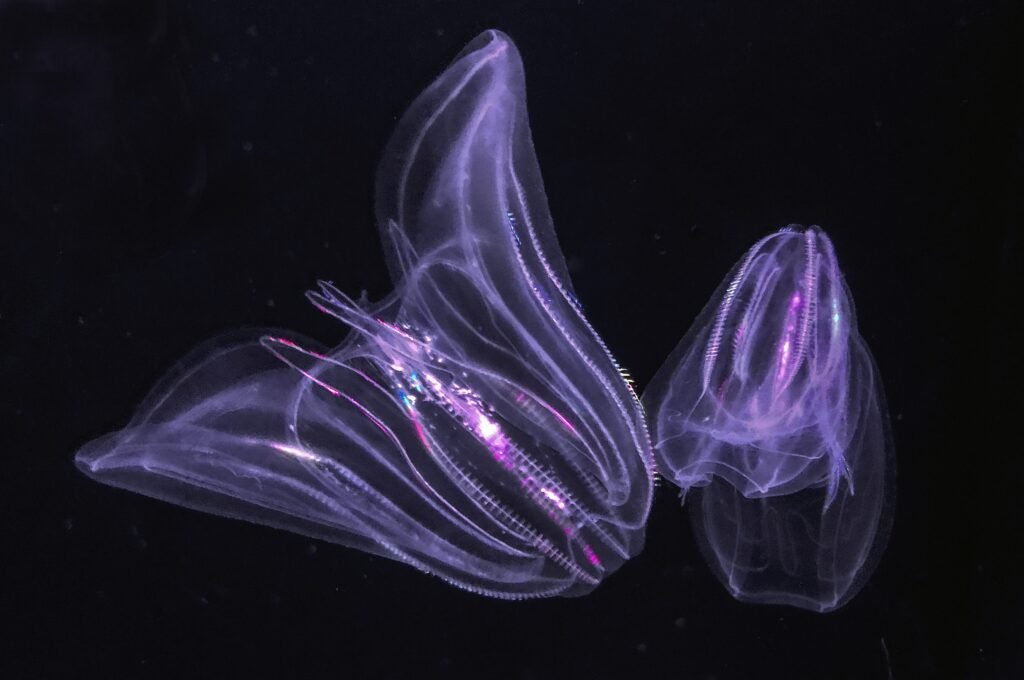Ultra-rare star collision in Milky Way could strip life
A potential ultra-rare catastrophe star collision in the Milky Way galaxy could strip life on Earth according to a new study.
This cataclysmic collision between decaying neutron stars could result in the removal of the protective ozone layer of Earth. It may induce a mass extinction of all life forms on the planet.
Click here to find the facts behind Mud Lake on Mars which may hide signs of life
Astronomers have yet only observed large collision events of neutron stars known as kilonovas. If such an explosion occurs in close vicinity to Earth, it may cause danger to the abundant life existing on the planet. Scientists from the University of Illinois Urbana-Champaign in the United States predicted it.
The biggest danger from such star collisions is the radiation burst from them including gamma rays and X-rays. According to scientists, ionizing radiation from these sources can pose a threat to life on planets like Earth if they are situated too closely.
Scientists studied the possibilities of these events affecting Earth based on an analysis of a stellar event named GW170817. They detected this first-ever neutron star collision detected.
Researchers said powerful gamma rays of such an explosion could burn any living thing within the range of about 297 light-years.
According to scientists if Earth were in such a zone, the radiation may strip the stratospheric ozone layer of Earth. It may take many years to recover.
However, the study noted that the occurrence of such stellar collisions has “significant uncertainties”. Like, it depends on the viewing angle, explosion energy as well and ejected mass.
Researchers have determined that these collision events are not significant threats to life on Earth, primarily due to the infrequent occurrence of kilonova events.
Read More:
- Sea creature turns into a baby when it is stressed out showing time travel
- Realme Narzo 70 Turbo 5G launch date, features, specifications & price
- European Space Agency printed 3D metal part in space for first time
- Earth’s mysterious Alaska triangle where over 20,000 people disappeared
- Philips Hue launched a new smart lighting solution for kitchen
- NASA to launch life-searching spacecraft to Jupiter’s moon Europa
Share this content:










Post Comment